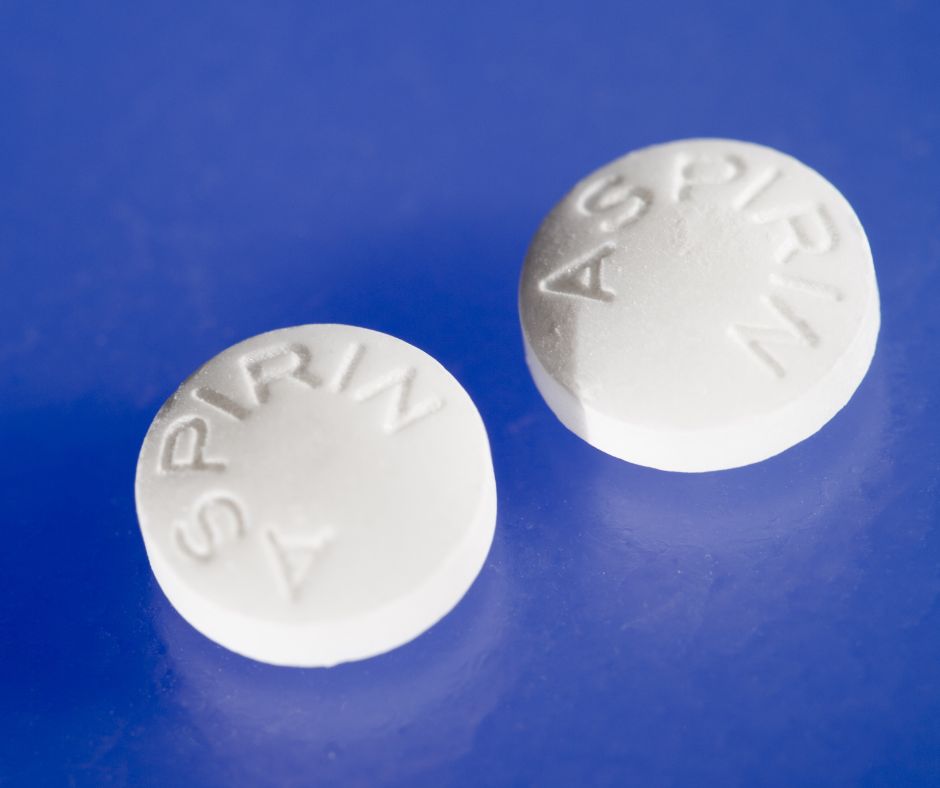1 User Review
★★★★★
In the USA, a bottle of 100 aspirin pills costs about $1.00. That's pretty good value I would say.
Here is the article:
An Aspirin a Day Reduces Cancer Death Risk by 21%
And our great thanks to the Willow Tree....

Aspirin, a widely used over-the-counter medication, is traditionally known for its pain-relieving and anti-inflammatory properties. However, recent research has revealed its potential in reducing cancer risk, positioning aspirin as a simple yet powerful tool in cancer prevention.
Studies, including a notable medical review published in the UK Lancet, suggest that daily low-dose aspirin intake can significantly lower the risk of death from various cancers. According to this research, taking aspirin daily for 4 to 8 years may reduce cancer mortality by up to 21%. This finding underscores aspirin's potential role in cancer prevention, particularly for those at higher risk.
Aspirin's anti-cancer effects are believed to stem from its ability to inhibit cyclooxygenase enzymes (COX-1 and COX-2), which play a role in inflammation and cell proliferation. By reducing inflammation, aspirin may limit the development and spread of cancer cells. Additionally, aspirin's anti-platelet properties help prevent blood clot formation, which can also be beneficial in reducing cancer risk, particularly in colorectal cancers.
While the potential benefits of aspirin are promising, individuals need to consult with healthcare providers before beginning an aspirin regimen. Aspirin can cause side effects, including gastrointestinal bleeding and ulcers, especially in long-term use. Therefore, its use for cancer prevention should be considered on a case-by-case basis, weighing the benefits against potential risks.
One of the notable advantages of aspirin is its affordability and widespread availability. In many countries, including the USA, aspirin is inexpensive, making it an accessible option for preventive health measures.
The emerging evidence on aspirin's role in cancer prevention offers a hopeful perspective on a widely available medication. While not a substitute for traditional cancer treatments, aspirin may serve as a valuable tool in reducing cancer risk when used responsibly and under medical supervision. As research continues, aspirin's place in cancer prevention strategies will become clearer, potentially offering a simple and cost-effective approach to reducing cancer mortality.
| 5 star (1) | 100% |
In the USA, a bottle of 100 aspirin pills costs about $1.00. That's pretty good value I would say.
Here is the article:
An Aspirin a Day Reduces Cancer Death Risk by 21%
And our great thanks to the Willow Tree....

Please note that we use cookies necessary for the functioning of our website, cookies that optimize the performance. To learn more about our cookies, how we use them and their benefits, please read our Privacy Policy